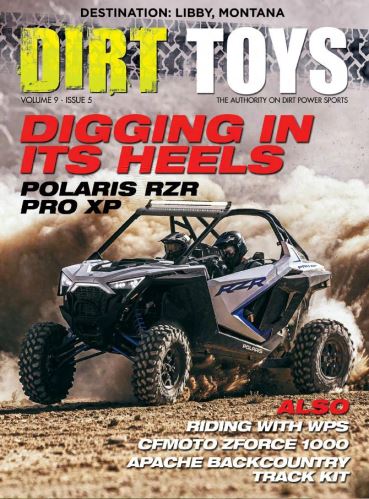Barring any legal action, about 38,000 acres will be
reopened to off-highway riding in late September in the Imperial Sand Dunes
Recreation Area in California,
otherwise known as Glamis.
The federal Bureau of Land Management released a final
Recreation Area Management Plan and Amendments to the California Desert
Conservation Area in June to guide the management of more than 160,000 acres of
public land in the recreation area and another 50,000 acres surrounding
the recreation area in the California Desert Conservation Area.
The entire area is 40 miles long and averages five miles wide.
Once released, these final decisions started a 90-day clock
ticking for the reopening of land for riding that had been closed under a court
order. Opponents of off-highway riding have indicated they will go to court to
block the reopening of the public land.
If the decisions stand, riders will have access to about 180,000 acres for
riding. 127,416 acres
are designated as Open OHV area and 52,370 acres are
designated as Limited OHV area, meaning the number of riders allowed is
restricted.
Another 35,144
acres is closed to OHVs.
In 2000, the BLM announced it would close 49,000 acres of the southern
California
riding area as part of an out-of-court settlement of a lawsuit filed by groups
that alleged the BLM violated the federal Endangered Species Act. That closure
became part of a 2006 federal court order. The suit alleged the BLM failed to
consult with the U.S. Fish and Wildlife Service on the effects of the BLM-administered California Desert
Conservation Area Plan on a number of threatened and endangered species.
Since then, the BLM has taken steps to try to satisfy the
critics and a U.S. District judge ruled that a plant at the heart of the
controversy-the Peirson's milk-vetch-was being protected appropriately.
Under these new BLM decisions, about 12,000 acres remain
closed to protect the Peirson's milk-vetch, and about 38,000 acres will
reopen. The 50,000
acres is in the Algodones Dunes area.
Nick Haris, American Motorcyclist Association western states
representative, praised the BLM for its hard work and the decision to reopen
the acreage. He also praised local groups for their efforts over the years to
fight anti-OHV organizations that are trying to ban riders. Groups advocating
to keep the land open for off-highway use include AMA District 37 (southern
California), the Off-Road Business Association, the American Sand Association,
the San Diego Off-Road Coalition and others.
"Under the terms of the California Desert Conservation Area
Plan, which has been in effect for decades, open motorized recreation was
restricted to less than two percent of the California desert," Haris says. "And since
then, opponents of motorized recreation have continued to whittle away at the
riding areas that remained, forcing more off-highway vehicle users onto smaller
areas of land.
"This action by the BLM restores some of this vitally
important recreational land, preserving responsible riding opportunities for
the southern California
population," he says.
Click here
for more information.

